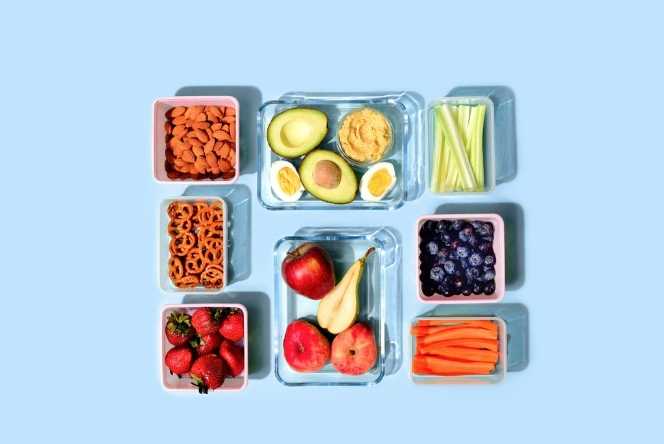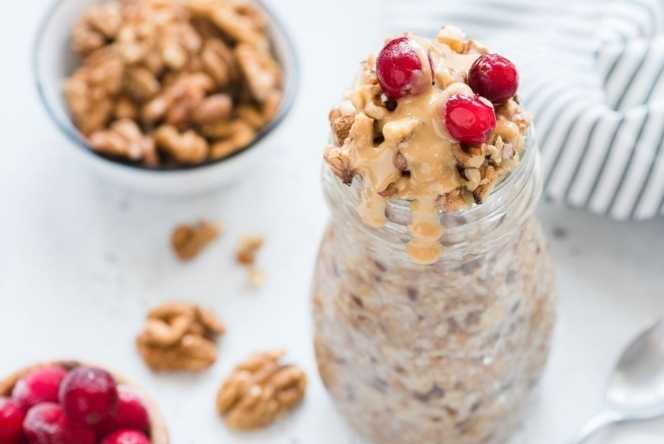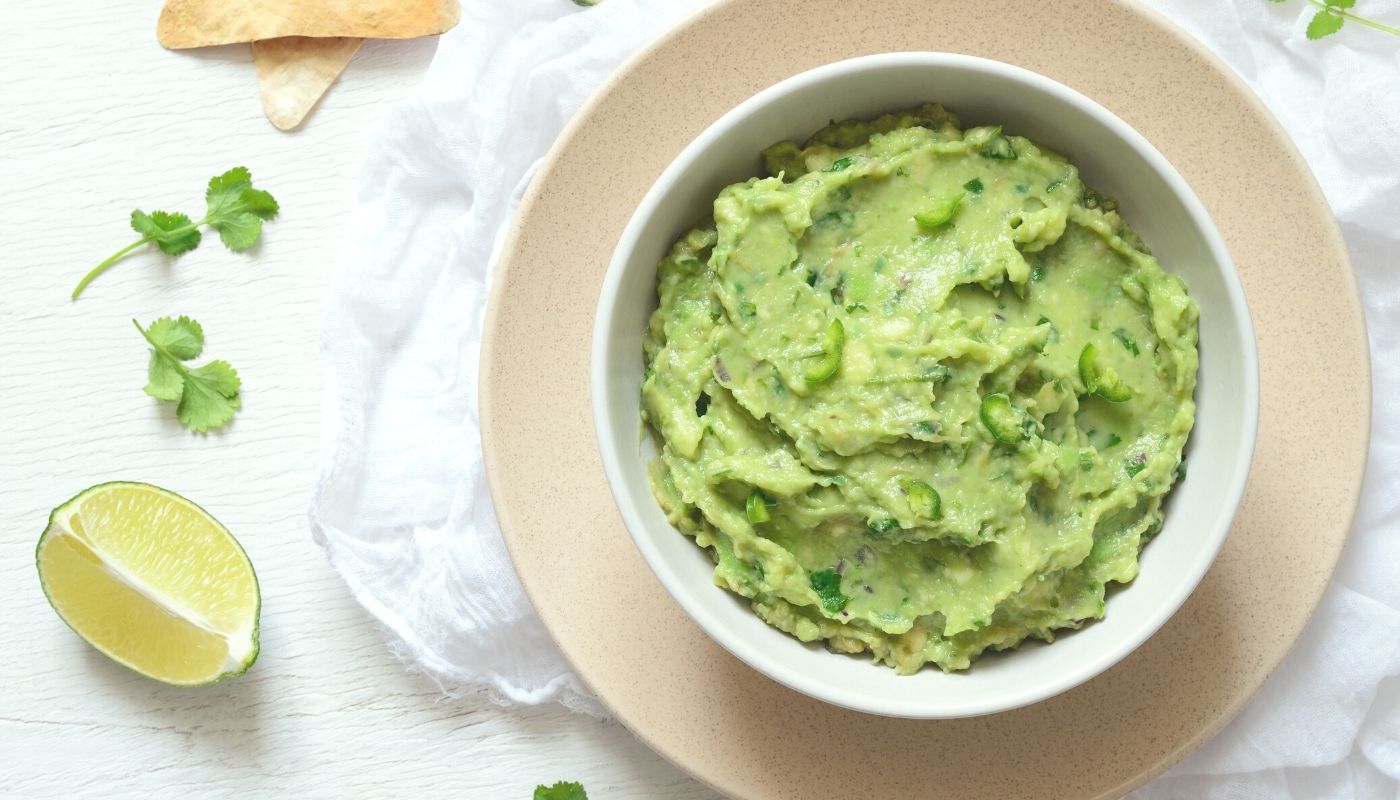Healthy and sustainable weight loss can be tricky and frustrating. With hundreds of fad diets on the market promising quick and easy methods to lose weight, along with conflicting reports in the media, it can be difficult to even know where to begin. But the truth is, lasting weight loss is more than just eating less and exercising more. In reality, science is discovering that our weight is influenced by a multitude of factors including the quality of the foods we consume, our gut health, stress levels, sleep, hormones, sugar intake, inflammation, and more.
“You can’t exercise your way out of a bad diet.” – Mark Hyman, MD
When you focus solely on calorie restriction, it increases your hunger, slows your metabolism, and eventually your whole body rebels against it. Calorie restriction alone isn’t sustainable and more often than not, studies show that people end up putting the weight—plus more—back on over time. Ultimately, weight loss is less about “dieting” and more about making long-term lifestyle changes.
We have a unique set of DNA and a gut microbiome as specific as our fingerprints, which is why there’s no one-size-fits-all when it comes to diet. It’s why one person thrives on a Paleo diet, and someone else feels their best on a vegetarian diet. It’s also why you can exercise for hours a day, but if your diet and lifestyle habits aren’t dialed in, it can be impossible to lose weight. Fortunately, there are well-studied principles that are applicable and beneficial to everyone.
Find Your Inner Motivation
Before setting a weight loss goal, it is really important to tap into your inner motivation. Why do you want to lose 30 pounds? Maybe it’s to feel more confident in your own skin for that upcoming beach vacation. Perhaps it’s to lower your risk of diabetes and heart disease because that’s something you watched a parent struggle with, and you are desiring a different future for yourself. Maybe your “why” is longevity and to have the energy to keep up with your active children and family.
“When you know your ‘why’ then your ‘what’ has more impact” – Michael Jr.
It’s also important to set realistic goals, like aiming to lose 1 or 2 pounds a week. Permanent weight loss takes time and effort. It’s less about dieting and more about creating new, healthy habits and making lasting lifestyle changes.
Overall, those big lifestyle changes mean making a commitment, finding your inner motivation, and setting realistic goals. When you implement a healthy nutrition plan, consistently exercise, and maintain a positive mindset, you’ll be well on your way to success!
20 Practical Tips for Sustainable Weight Loss
Losing weight is more than just exercise and diet. Once you set a goal, use these tips to lose weight in a healthy, sustainable way.
Eat More Healthy Whole Foods
Strive for variety in the foods you eat to care for your gut microbiome. Try to “Eat the Rainbow,” which literally means to eat as many different colored foods as you can—think orange carrots, green kale, red raspberries, and blueberries. By eating so many different types of good-for-you foods, you’re building a happy and healthy microbiome that will repay you by balancing your digestive system, and ultimately, your whole body.
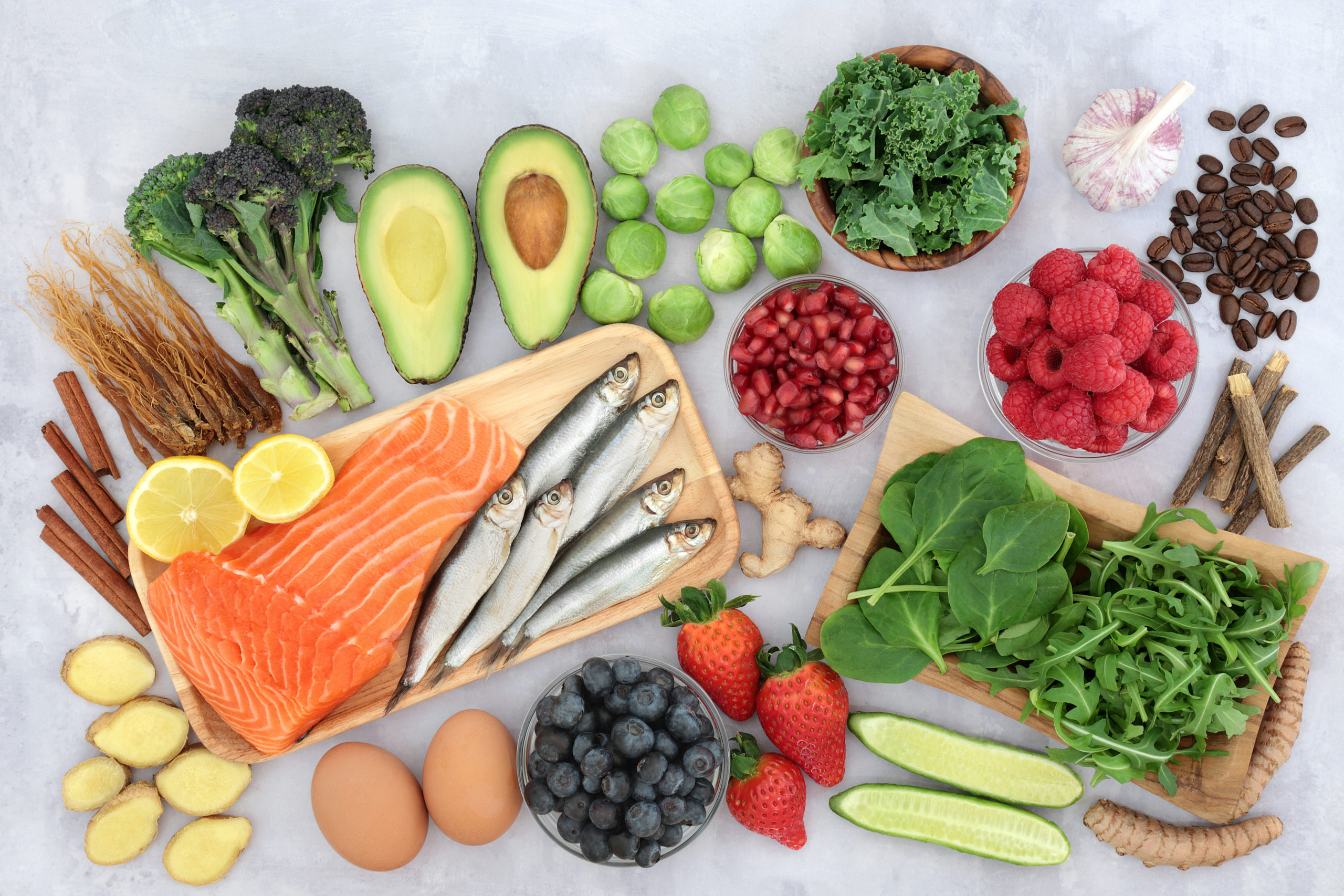
Add Foods In, Don’t Take Them Away
Instead of completely overhauling your diet and lifestyle all at once—which for most people is overwhelming and isn’t sustainable‚ don’t focus on the foods you can’t eat. Instead, focus on adding healthier things in. Try drinking more water, eating more vegetables, increasing your activity, and anything else that leads to a healthier you.
Eat Mindfully
How you eat matters and is just as important as what you eat. The body is meant to eat in a calm and restful state for proper digestion and absorption of nutrients. When we eat in a rushed or stressed “fight or flight” state it can slow or hinder digestion and cause unwanted side effects, like headaches, bloating, or gas. Several university studies have shown that mindful eating can help you lose weight (by helping to prevent overeating), and maybe helpful for those with eating disorders.
Try turning off the TV while you eat and instead focus on your food. Take small bites, and chew slowly. Remember to take a moment to breathe between bites! These steps give you an opportunity to actually enjoy your meals—everything from the taste, to the scent, to how it makes you feel.
Lower Your Inflammation
Inflammation is key to the body’s healing response, however, if it becomes chronic, it can lead to obesity and disease. According to Dr. Will Cole, “The relationship between inflammation and weight gain is a complicated one. It appears that inflammation causes weight gain and weight gain causes inflammation, so they feed off each other in a vicious cycle that can be hard to break. For example, studies have suggested that overeating triggers the immune system, which causes the body to generate excessive inflammation.”
While that may sound overwhelming, there are a few practical ways to lower your inflammation. Managing your stress levels, limiting refined sugars and inflammatory foods, and even exercise can help. Read more about reducing pain and inflammation levels on my blog.
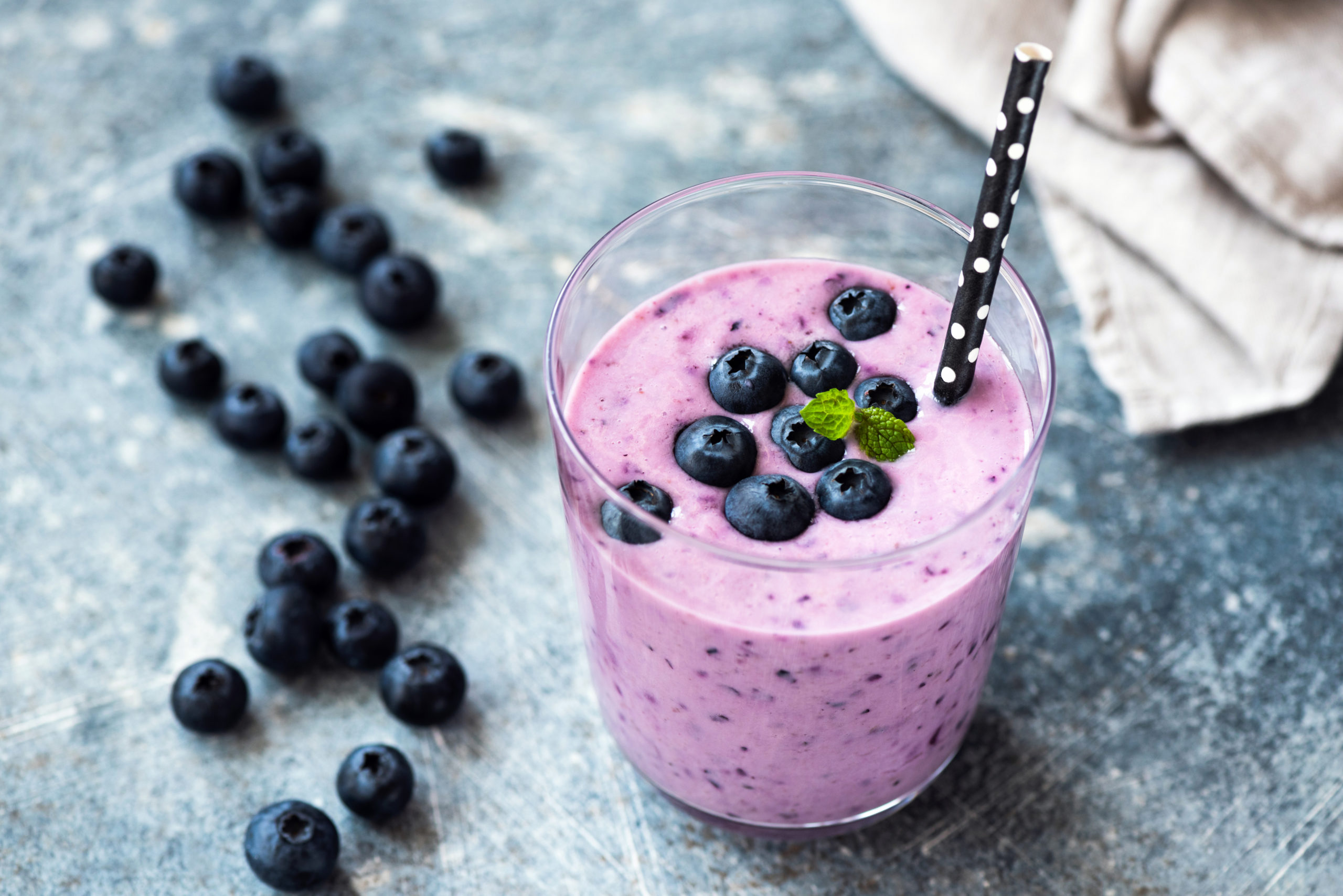
Limit Refined Sugar
Added sugar has been called one of the worst ingredients in our modern diet and rightfully so, as multiple studies have shown sugar to be 8x more addictive than cocaine. Limit refined sugars found in processed foods, and avoid sugary drinks and fruit juice. Instead, opt for fruits when you crave something sweet, and increase your fiber and protein intake to keep your blood sugar balanced to avoid cravings.
“No one would put 15 tablespoons of sugar in their coffee, and yet that is often found in one soda.” – Mark Hyman, MD
Nurture Your Gut
Research over the years shows a clear relationship between inflammation and weight gain, and the way our gut microbiome affects weight management. According to Dr. Will Cole, “Studies have shown that gut microbes in people that are overweight and obese are different from those found in people of a healthy weight.”
You can nurture your gut by following much of the other advice on how to lose weight—consume foods that are rich in prebiotics, take probiotics, and eat lots of organic, whole foods. What you don’t eat is important, too: reduce your meat intake, limit sugar, and avoid NSAIDs and antibiotics when they aren’t necessary.
Be Mindful of Portion Sizes
It’s easiest to pay attention to portion sizes by paying attention to what’s on your plate. For example, Harvard’s Healthy Eating Plate recommends dividing your plate in half with healthy vegetables and fruit. Then, divide the other half with a healthy lean protein, and the other remaining quarter with whole grains. By doing this, you can be sure you’re eating a generous serving of fruits and vegetables while eating an appropriate serving of protein and carbs.
Tip: Try eating your meals on salad plates to be mindful of not overeating.
Movement Matters
Exercise matters not just for losing weight, but also for your overall health. Studies show that those who get regular physical activity are more likely to maintain their weight loss in the long term.
The Physical Activity Guidelines for Americans states aiming for getting 30 minutes of moderate exercise 5 days a week (or 150 minutes), plus 2 days of full-body strength training. This can mean going for a walk, run, bike ride, heading into the gym, or picking up some weights to lift at home. It doesn’t matter how you get it, just get moving!
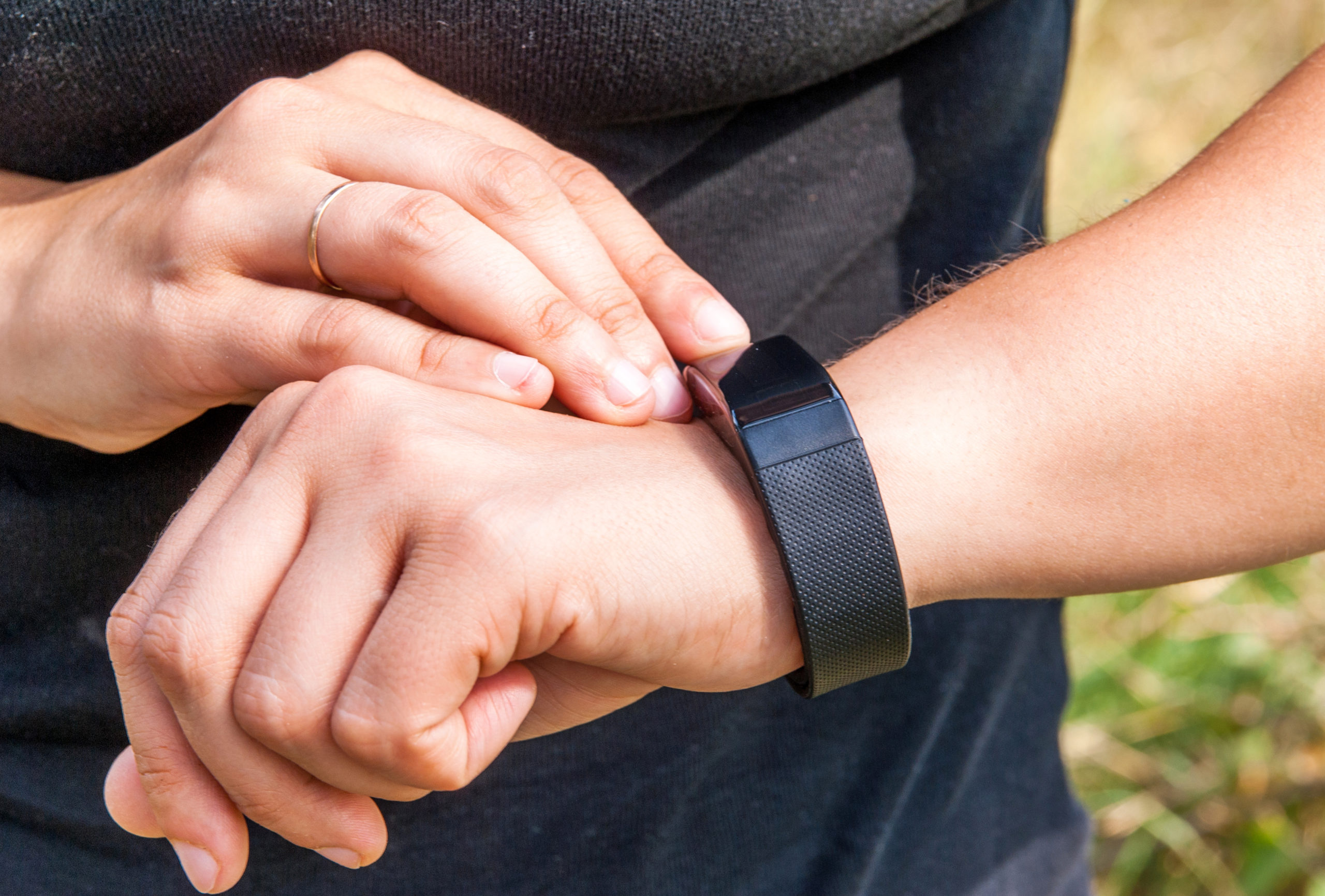
Drink More Water
Drinking more water in between meals can be helpful to curb overeating at meals, boost your metabolism, flush toxins from the body, and improve digestion. Staying hydrated can also improve your skin, brain function, blood pressure, increase your energy and more.
While there isn’t a one size fits all approach to water, experts recommend about 15.5 cups (3.7 liters) of fluids a day for men, and about 11.5 cups (2.7 liters) of fluids a day for women. Make it easier to hit this number by keeping a glass of water next to you while you work, and bring a travel mug when you leave your home.
Plan Your Meals
By planning and prepping your meals for the week, you can avoid the temptation of take out or unhealthy snacks after a busy day. Cooking at home can not only be healthier, but it’s also better for your budget.
Plan your meals, go food shopping, and precook anything you can in the beginning of the week. By being prepared, it makes it that much easier to eat healthier every day. I’ve even put together a guide to help you meal prep like a boss.
Curb Cravings
Stress can cause increased cravings for sugary, starchy foods, leading to overeating and weight gain. You can curb cravings by keeping your blood sugar balanced throughout the day by relying on protein and fiber-rich foods, replacing artificial sugars with natural sweeteners, and even by getting enough sleep at night!
Be Mindful of Sodium
Excess sodium can cause weight gain by causing you to retain a few pounds of extra water, and it may be linked to higher body fat percentages, particularly fat held around the stomach.
Sodium is often hidden in processed foods, canned foods and soups, frozen dinners, deli meat and bacon, and condiments. When possible, eat fresh foods instead of canned, and when you can’t avoid canned foods be sure to rinse it to remove excess salt. When cooking, use salt sparingly, and opt for herbs and spices instead.
The DASH diet emphasizes reducing sodium intake in your diet and consuming healthy whole foods. Studies have shown it to be beneficial for treating and preventing high blood pressure and lowering LDL cholesterol.
Practice Mindful Eating
Studies have shown that eating while distracted leads to overeating, while being mindful of what you’re eating is linked to eating less. And while scrolling through your phone while you eat might seem harmless, there is strong evidence that increased screen time is a cause of weight gain in adults. A study in American Journal of Clinical Nutrition found that distractions while you eat, like screen time, leads to people eating more at that meal.
And pay attention to when you’re eating not because you’re hungry, but because you’re using food as a way to cope with feelings. If this is the case, keeping a thought journal to help you recognize your emotional triggers can help.
By chewing your food thoroughly, and putting away your phone or TV, you can focus on your food more fully. Try listening to music while you eat instead, or engage in conversation if you’re eating with others.
Make Sleep a Priority
Sleep has a direct relationship to our overall health, immune system, and weight. Not getting regular high-quality sleep can make you more likely to gain weight and to have trouble resisting sugary and starchy foods. This is because sleep directly links to your body’s metabolism, and when you’re sleep deprived it affects everything from your body’s ability to balance blood sugar, to how well your body recognizes itself as full.
Aim for 7 to 9 hours of high-quality sleep a night. To make this easier to achieve, start a bedtime routine, like a warm bath or light stretching. It’s also a good idea to reduce screen time. One study showed that women who slept with the TV or lights on were 17% more likely to gain 10 pounds or more over the next 5 years, and more likely to become overweight and even obese.
Manage Your Stress Levels
When was the last time you had a day or weekend where you actually rested? Chronic stress can elevate and disrupt cortisol, dysregulating your blood sugar and insulin levels. All of these can lead to a slower metabolism, increased fat stored around the abdomen, elevated cholesterol, and raised blood pressure.
To manage your stress levels, focus on deep breathing, or practice meditation. Schedule time for rest from your busy schedule. It may be helpful to add calming supplements, like ashwagandha or kava root, as well, but be sure to run those by your doctor or pharmacist before adding them in.
Nurture Your “Primary Foods”
No amount of eating kale, drinking fresh-pressed juice, and taking supplements will counter the negative effects of chronic stress in the body from a toxic relationship or work environment. Studies show that lonely people are more at risk for health issues than those who have a community, even if those people smoke and don’t exercise.
The Institute for Integrative Nutrition calls these relationships, your career, your spirituality, and physical activity “primary foods.” (Everything you eat, drink and otherwise ingest are called “secondary foods.”) According to the school, it doesn’t matter whether you’re eating the perfect diet if you’re dealing with a toxic relationship, or you’re unhappy with your job – those will have a significant impact on your health. Be sure to pay attention and nurture these primary foods to help yourself become happy and healthy.
You can see how your “primary foods” score here with the Institute for Integrative Nutrition’s Circle of Life tool.

Enlist Accountability
Ongoing support is important for achieving and maintaining weight loss. According to Harvard, “studies show that people do better with support and accountability and have shown that people who have a health coach, two years later have still kept the weight off versus those who went at it alone.” Other studies, like one from the Journal for Medical Internet Research, showed that personal coaching sessions greatly improved weight loss outcomes.
If you want to work with a coach on your own weight loss journey, I offer a free health coaching session consultation!
Track Your Progress
It can be difficult to know how much you are consuming, calorie and nutrition-wise, without tracking. Multiple studies have shown that people who keep a daily food journal are more likely to lose weight and keep it off over time. Self-monitoring has been shown to help you stay on track because it allows you to see the choices you are making, helping to positively reinforce healthy choices, while curbing overindulging.
Some of the best apps for tracking your food and weight include: My Fitness Pal, Fitbit, Cronometer, Lose It, Carb Manager, and My Plate. Using these can help you see whether you’re consuming a balanced diet, and help you make tweaks to perfect your diet.
Build Resilience
Give yourself grace. It’s normal to see your weight fluctuate a little daily due to things like water retention, stress levels, hormone fluctuations, and digestion. Remember that occasional setbacks happen, and the number on the scale doesn’t determine your self-worth. The goal of healthy eating isn’t perfection. Sustainable weight loss is all about creating healthier habits – small attainable steps that lead you to lasting changes over time.
When setbacks happen, don’t give up. Start again and stick to your plan, and eventually you’ll see results!
Practice Mindful Drinking
Mindful drinking is the practice of being aware of why you are drinking and how much alcohol you are consuming. Alcohol is typically loaded with sugar and extra calories. When drinking it can be more difficult to say no to things you shouldn’t eat, or to overindulge. Try making a game plan in advance. Decide if you are going to drink, and if so, how much, and if not opt for a low-calorie alternative instead.
Additional Thoughts
Lastly, if you are regularly eating healthy and exercising, getting consistent, high-quality sleep, and managing your stress levels and the weight still isn’t coming off, it may be helpful to have your doctor check your hormones and thyroid. Many factors can affect how your body holds onto and loses weight, so don’t become discouraged!
Taking care of yourself is a lifelong process of small daily sustainable habits. What works for you today may not work for you 10 years from now and that’s ok. Celebrate the process and daily wins, no matter how small. Always remember to keep going, to make adjustments along the way, and enjoy the journey of who you are becoming.
Are you feeling anxious, stressed, or overwhelmed?

I get it; I’ve been there! My name is April Likins, and I’m a board-certified health coach and stress expert who helps ambitious professionals reduce their stress, improve their sleep, find balance, and increase their joy.





